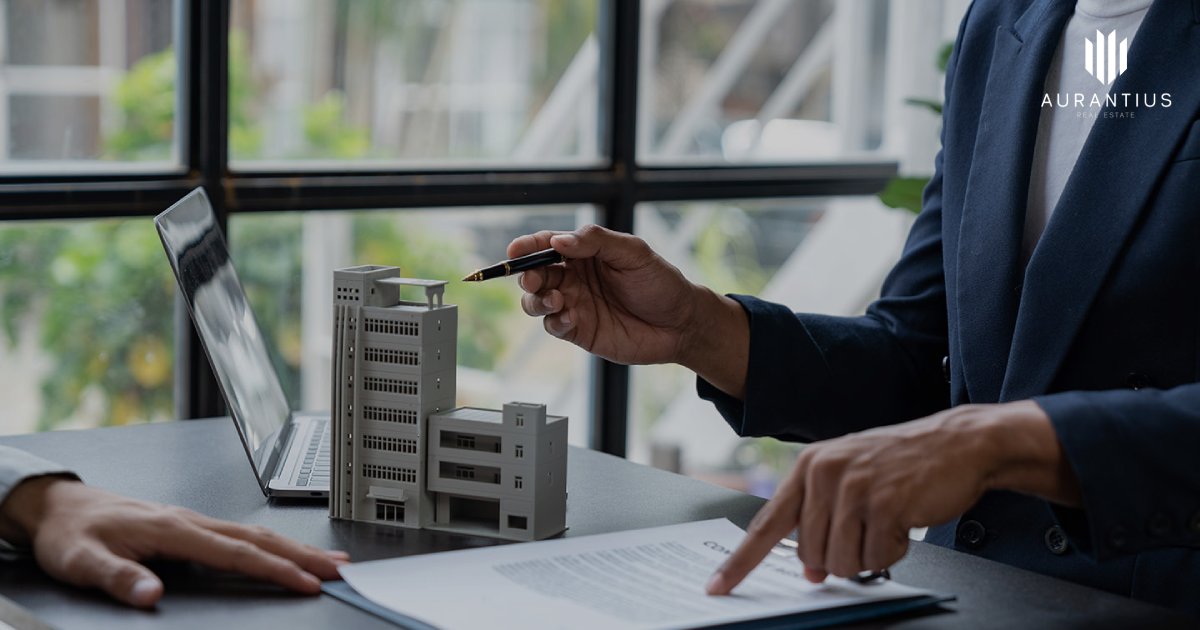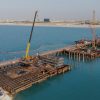The Risks of Buying Property in Dubai: What Investors Need to Know
Dubai real estate market has earned a global reputation for resilience and impressive growth, even through challenging times such as the pandemic, inflation, and global economic uncertainty. With property transactions consistently reaching new records, investors continue to flock to this dynamic market. However, like all property markets worldwide, Dubai is not without risks. Understanding these risks will help buyers and investors make more informed decisions and safeguard their returns.
Market Volatility and Economic Uncertainty
Dubai’s property prices have experienced both sharp rises and corrections over the years. For example, between 2012 and 2014, the market saw an unprecedented surge, only to enter a prolonged downturn until 2020. Since then, the market has rebounded strongly, with Property Monitor reporting a 16.37% year-on-year increase to July 2025. Over the last five years, residential property prices have surged by more than 80% from their previous lows. These cycles highlight the natural volatility of real estate and the importance of a long-term strategy.
Global factors such as oil price fluctuations, government policy shifts, and international economic conditions also impact Dubai’s market. While current fundamentals remain strong, buyers must remain aware that macroeconomic changes can influence pricing and demand in areas like Business Bay and Dubai Marina.
Legal and Regulatory Challenges
Dubai has developed a robust regulatory framework for real estate, but navigating it can be complex, especially for first-time or foreign buyers. The Real Estate Regulatory Authority (RERA) ensures compliance, and buyers are advised to work only with RERA-accredited agents to avoid pitfalls.
Foreign investors are limited to designated freehold areas, such as Palm Jumeirah and Downtown Dubai. Understanding property ownership laws, mortgage eligibility, and visa requirements is essential. Consulting with experienced advisors can prevent costly mistakes and ensure smooth transactions.
Financial Risks and Hidden Costs
One of the most common risks of buying property in Dubai is underestimating the total financial outlay. While there is no annual property tax, buyers face several upfront and ongoing expenses, including:
- Dubai Land Department (DLD) fees: 4% of the property value
- Registration fees: Often AED 4,000 or more
- Agency commission: Typically 2% of purchase price
- Service and maintenance fees: Recurring annual charges, higher in luxury areas such as Palm Jumeirah
- Mortgage registration fees: 0.25% of the loan amount
Failure to account for these costs can lead to financial strain, particularly for first-time buyers.
Risks of Off-Plan Property Purchases
Buying off-plan remains popular in Dubai due to attractive payment plans and lower upfront costs. However, off-plan properties carry specific risks, such as delays in handover, changes in project design, or even cancellations. To mitigate these risks, investors must thoroughly research the developer’s track record and ensure funds are protected through escrow accounts regulated by the DLD.
Developments in high-demand areas like Jumeirah Village Circle (JVC) or Dubai South offer strong opportunities but require careful due diligence.
Developer and Project Risks
The credibility of the developer plays a crucial role in property investments. Reputed names like Emaar and Sobha are less likely to face delivery issues, while smaller or newer developers may pose higher risks. Investors should verify:
- The developer’s financial health
- Past project delivery timelines
- Buyer satisfaction with completed developments
By researching these factors, investors reduce exposure to potential project delays or quality concerns.
Future Market Projections
Dubai’s real estate outlook remains strong, driven by population growth, visa reforms, and a business-friendly environment. Luxury areas such as Arabian Ranches and Downtown Dubai are witnessing record demand. At the same time, sustainability-focused developments and mid-market communities are gaining traction with younger buyers and expatriates.
Short-term investors seeking quick flips face higher risks, while long-term investors benefit from rental income and capital appreciation. Aligning strategy with market cycles is essential to maximizing returns.
Conclusion: Balance Reward with Risk
Buying property in Dubai can deliver exceptional returns, but only when risks are properly managed. Market volatility, regulatory complexities, financial obligations, and developer risks are real challenges — yet they can be mitigated with careful planning, due diligence, and the right professional guidance.
For buyers seeking to navigate these challenges effectively, exploring properties in established communities like JBR or emerging hubs like Al Furjan ensures a balance of opportunity and security. By staying informed and working with experienced advisors, investors can minimize risk while securing their place in one of the world’s most dynamic real estate markets.










